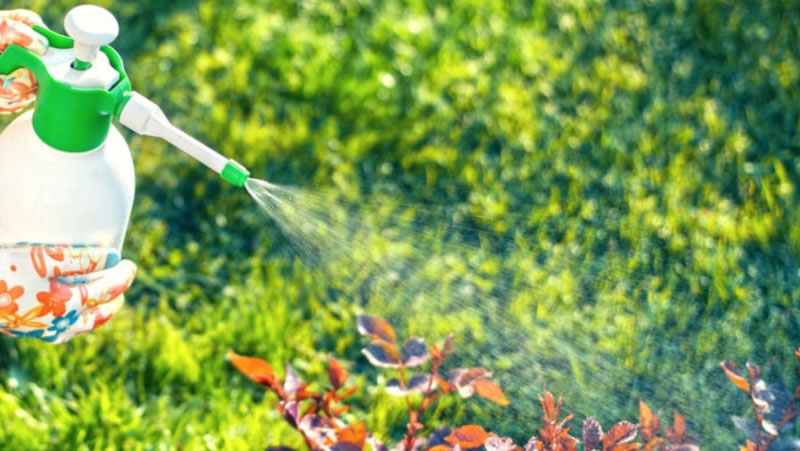Pests are a huge problem everywhere, be it at our homes, business premises, or gardens. In a desperate move to eradicate the menace, many people look for the fastest working solutions without much regard to potential health hazards or negative implications on the environment. Many pests such as rodents and mosquitoes are disease carriers. While they should be dealt with urgency, it can be counterintuitive to use hazardous chemicals as a solution. Proper pest control solutions are those that effectively eradicate the pests without jeopardizing the health and safety of people and plants within your home or business premises. Fortunately, there has been a rise in pest control companies serving London and its environs providing pest control solutions with great regard to the environment, such as Go-Pest Environmental Services.
Eco-friendly pest control methods are suitable for the environment and relatively cheaper than their chemical counterparts. Although not as heavily advertised as other methods, eco-friendly pest solutions have received comprehensive endorsements from environmentally conscious groups and enthusiasts lately. This article will describe the 4 most effective and widely accepted eco-friendly pest control solutions you can consider.

- Diatomaceous Earth
Diatomaceous earth is an eco-friendly and harmless powder derived from silica shells of algae. It works by cutting and inflicting physical damage on the cuticle of a target insect which leads it to lose vital body fluids. The insect eventually dies from dehydration. DE interestingly does not have any known toxic properties and only kills pests by physically inflicting damage. It is used efficiently on a range of soft-bodied pests such as caterpillars, roaches, aphids, thrips, whiteflies, maggots, and slugs. It can also be applied to the ground to target ground-dwelling insects. The downside to DE is that it is non-selective and can also eliminate non-targeted organisms.
- Neem Oil
Neem oil is another well-known effective organic insecticide derived from the seeds of the neem tree. It is a perfect solution for controlling a broad category of harmful insects, fungi, and mites in your garden. It is super safe for humans and other mammals and is even used medicinally and in the cosmetic industry. Neem oil works as a broad-spectrum insecticide by serving the purpose of a poison, repellant, and blocker to feeding. It effectively eradicates over 200 known insect categories, the most common being loopers, whiteflies, mealy bugs, aphids, and trips. A targeted insect has to ingest it for it to work.
- Insecticidal Soaps
Insecticidal soaps feature unsaturated long-chain fatty acids derived from animal fats. They are explicitly marketed for insect control and have no adverse effects on the environment. Insecticidal soaps work by penetrating and dissolving the outer shells of insects and eventually destroying their cell membranes. The insects will die of starvation and dehydration after some time. Insecticidal soaps work best on insects with soft outer shells such as whiteflies, thrips, aphids, earwigs, and others. They have been proven not to have any toxic effects on humans and other mammals.
The only most notable downside to this eco-friendly solution is its non-selective nature which causes death to valuable insects. They are cheap and also relatively easy to make at home. They work best when applied in moderate temperature conditions. Avoid spraying on hot days. Also, note that it only works when it comes in contact with the targeted insects when still in its liquid form.

- Cedarwood Oil
Cedar oil is a great eco-friendly alternative to chemical-based insect repellants. It is extracted from the wood of three tree types, namely Juniper, Cedar, and Cypress. The three are blended to create a potent mixture with a wide range of uses. Cedarwood oil has an active compound called cedar camphor, responsible for a deadly effect on a wide range of insects and fungi. It is not harmful to humans or other mammals and is used in many beneficial ways. It is, however, not recommended for use by expectant mothers.
While chemical pesticides may guarantee the fastest solutions to nagging pests, many considerations should be pegged on their potential dangers before using them. They are potentially toxic to the environment as their residues may pollute the general ecosystem. They may also end up in rivers and groundwater, contaminating the water we drink. Sometimes, however, some pests may be adamant to deal with requiring the controlled use of chemical pest control methods. This should be left solely to professionals with expert training who understand how to use them effectively with the most negligible impact on the environment.






